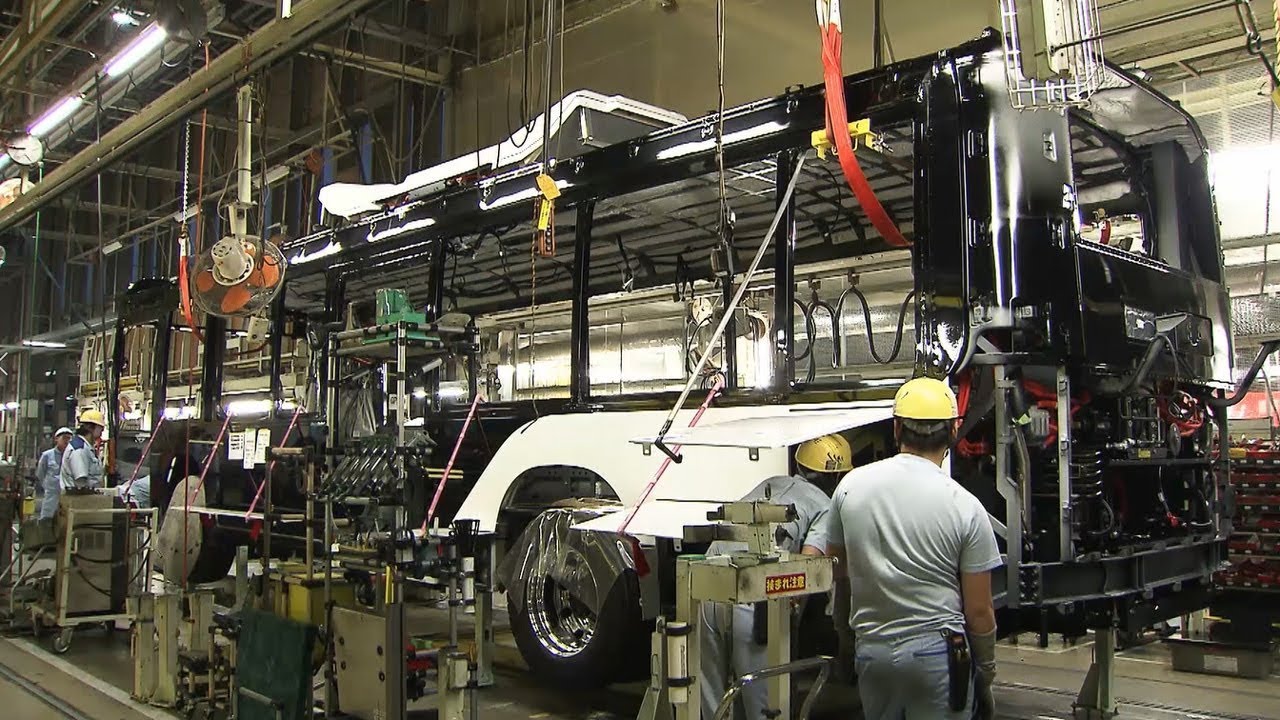Govt seeks investors for motor industry
GOVERNMENT has announced plans to revamp the local motor industry, which will result in the sector increasing its capacity levels.
Zimbabwe’s new vehicles market collapsed from a peak of 20 000 unit sales per year in 1997 to less than 3 500 units in 2016, according to the motor industry development policy document published in 2017, the latest available source of official industry data.
Industry and Commerce minister Sekai Nzenza told NewsDay Business that government had come up with a new policy to resuscitate the once vibrant domestic motor industry.
“The government has come up with a Motor Industry Development Policy (2018-2030) to spearhead the revival of the motor industry. This is a private sector-led initiative with the government providing an enabling environment,” she said.
“The Motor Industry Development Policy will be centred upon reviewing complete knocked downs kits and semi- knocked down kits, that is, SI [Statutory Instrument] 13 of 1999, SI 89 of 2021 on the control of second-hand imports, categorisation, and regulation of the motor industry.”
Nzenza said they were looking for suitors to help revive the sector, which has the potential to generate foreign currency.
She added:“In line with making the motor industry vibrant, the cluster will lure investors for US$1,5 billion to import appropriate technology, and work with the Zimbabwe Investment and Development Agency and other stakeholders.
“We have to identify both domestic and foreign investors into the bus and truck cluster value chain. The Industry minister urged both public and private sector to order locally assembled buses and encouraged local financial institutions to put funding models for the sector.
“Therefore, I call upon schools and private players to augment the local content policy by ordering and sourcing their buses from the local assemblers.”
The capacity of local firms to assemble vehicles has been constrained by lack of investment.
The domestic market is also dominated by purchasers who cannot buy expensive new local cars and opt for cheaper, used cars, mainly from Japan.
In the 2021 national budget, Finance minister Mthuli Ncube noted that Zimbabweans had spent about US$1,3 billion on importation of buses, light commercial and passenger motor vehicles from 2015 to September 2020.
“This is despite the existence of capacity by the local motor industry to assemble the above-mentioned range of motor vehicles,” he said.
Ncube removed second-hand motor vehicles aged 10 years and above, from the date of manufacture at the time of importation, from the Open General Import Licence.
This, he said, was in line with government’s National Development Strategy 1, which underscores value addition. Government has issued a directive for line ministries to acquire locally assembled vehicles .-newsday.cozw









